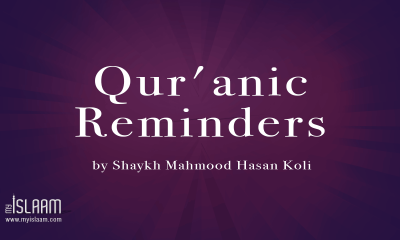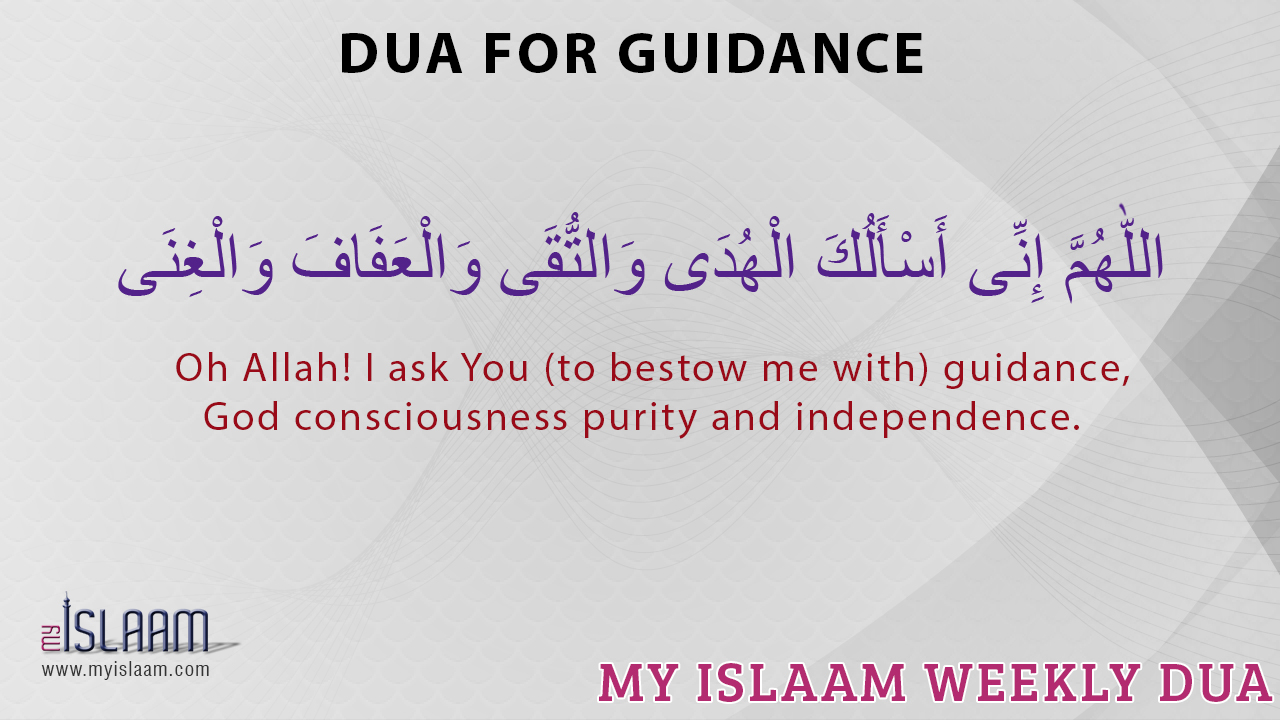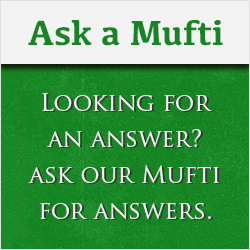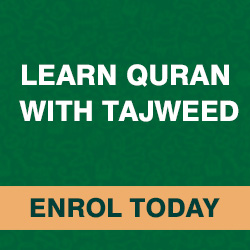The Sunnah actions of the messenger of Allah are divided into two types:
- Sunanul-huda: These are those sunnan which the messenger of Allah peace be upon him taught as being an integral part of Islam. Examples of this are Azan, Iqamah, and offering the compulsory Salah in congregation. These actions are close to wajib (necessary)and one who has a habit of leaving them out will be blameworthy and in error.
- Sunanuz-zawaid: These are those practices of the messenger of Allah peace be upon him which he habitually adhered to but are not an integral part of Islam. Examples of this are the way in which he would dress, walk, sit etc. If one is to practice upon these with the correct intention then he will receive reward. However if one is to leave these he will not be blameworthy nor in any error.1
The tying of a turban by the messenger of Allah peace be upon him, known as an imama is of the second category.
The colour of the turban
Black
Jabir ibn Abdullah, Allah be pleased with him, narrates that when the messenger of Allah peace be upon him entered Makkah on the day it was conquered, he was wearing a black turban and he entered without Ihram.2
Amr ibn Hurayth narrates from his father Allah be pleased with them that the messenger of Allah delivered a sermon while wearing a black turban.3
Yellow
Abbad ibn Abdullah ibn Zubayr narrates that on the day of Badr Zubayr ibn Awwam had a yellow turban wrapped around his head so the angels also descended wearing yellow turbans.4
Red
Anas ibn malik narrates ”I saw the messenger of Allah performing wudhu. He was wearing a Qitri turban, so he entered his hands beneath his turban and wiped over the front of his head. He never unfolded his turban.”5
The word Qitri refers to a cloth from a certain place which was a certain shade of red. The cloth had some design on it and was rough.6
White
Ata ibn Abi Rabah narrates ”I was with Abdullah Ibn Umar when a young man came to ask him regarding the loose end of the turban of the messenger of Allah peace be upon him. Abdullah ibn Umar said ”I will surley infrom you of this if Allah wills. I was one of ten present with the messenger of Allah peace be upon him in the masjid of the messenger of Allah. Abu Bakr, Umar, Uthman, Ali, Ibn Masood, Huzayfah, Ibn Awf and Abu Saeed Al Khudri were all present. An Ansari youngster came, greeted the messenger of Allah peace be upon him and sat down. The Ansari youngster then asked ”who amongst the believers are best?” The messenger of Allah peace be upon him replied ”Those with the best character.” The Ansari youngster then asked ”Who amongst the believers are the most intelligent?” The messenger of Allah replied ”Those who remember death the most and those who prepare for it the best before it comes to them. These are from amongst the intelligent.” The young man then remained silent and the messenger of Allah said to him (and those present) ”O group of Muhajiroon! There are five things, if these were to come and you were to be tested with them, I seek Allah’s refuge that they overcome you. Immodesty does not become prevalent in a society and people become involved in it except that such plagues and pains afflict them that were not experienced by their ancestors. A nation does not decrease in quantity or weight which is due (in a transaction) except that they are afflicted with drought, a decrease in provisions and injustice from their rulers. A nation does not refuse to pay their Zakah except that water from the skies are withheld from them and if it wasn’t for the animals rain would never come to them. A nation does not break its covenant with Allah and his messenger except that an external enemy is let loose upon them who steal from their wealth. The leaders of a nation do not fail to run the state in accordance with the book of Allah except that Allah causes disunity and discord between them.”
Thereafter the messenger of Allah ordered Abdur Rahman ibn Awf to prepare for a squadron which he had told him to join. The next morning Abdur Rahman ibn Awf came wearing a black cotton turban. The messenger of Allah peace be upon him called him closer and untied the turban, tied a white turban on his head and let approximately four finger lengths hang down from his back. The messenger of Allah peace be upon him then said ”Tie your turban like this O son of Awf, as it is more apparent and appropriate.” He then ordered Bilal to give the flag to Abdur Rahman ibn Awf, praised Allah and sent salutations upon himself and said ” Take hold O son of Awf, and all of you fight in the path of Allah, Fight those who have disbelieved in Allah. Do not steal from the booty, do not break your promises with the enemy, do not mutate, do not kill children as these are the orders of Allah and the practice of his messenger peace be upon him.”7
Ibn Abbas narrates that the messenger of Allah peace be upon him said ” Wear the white clothing that you have for it is amongst the best clothing and shroud your deceased in it. The best kuhl (antimony) you have is Ithmid (a certain type of antimony), it strengthens the eyesight and causes the hair to grow.”8
From the above narrations it is apparent that the messenger of Allah peace be upon him and his companions Allah be pleased with them wore turbans of various colours. However, strong preference was given to white clothing as it can be deferred from the final narration above. Munawi mentions in his commentary on Al-Jamius Saghir; the best colour to adopt when tying a turban is white. Any other colour mentioned in any narration is due to certain situaions.9 However, it should be noted that the wearing of any other colour is also permissible.
١.حجية السنة للدكتور عبد الغني.
٢. مسلم، باب جواز دخول مكة بغير إحرام، ٣٣٧٥
٣. مسلم، باب جواز دخول مكة بغير إحرام،٣٣٧٧
٤. المستدرك للحاكم،ذكر مناقب حواري رسول الله صلى الله عليه و سلم و ابن عمته الزبير بن العوام بن خويلد بن أسد بن عبد العزى بن قصي،٥٥٥٤
٥. أبو داود، باب المسح على العمامة، ١٤٧
٦. شرح أبي داود للعيني
٧. المستدرك،كتاب الفتن و الملاحم،٨٦٢٣، تعليق الذهبي قي التلخيص : صحيح
٨. أبو داود،باب في الأمر بالكحل، ٣٨٨٠
٩. فيض القدير شرح الجامع الصغير، ١١٤٣

 Songs make hypocrisy grow in the heart just as water makes crops grow
Songs make hypocrisy grow in the heart just as water makes crops grow 
















